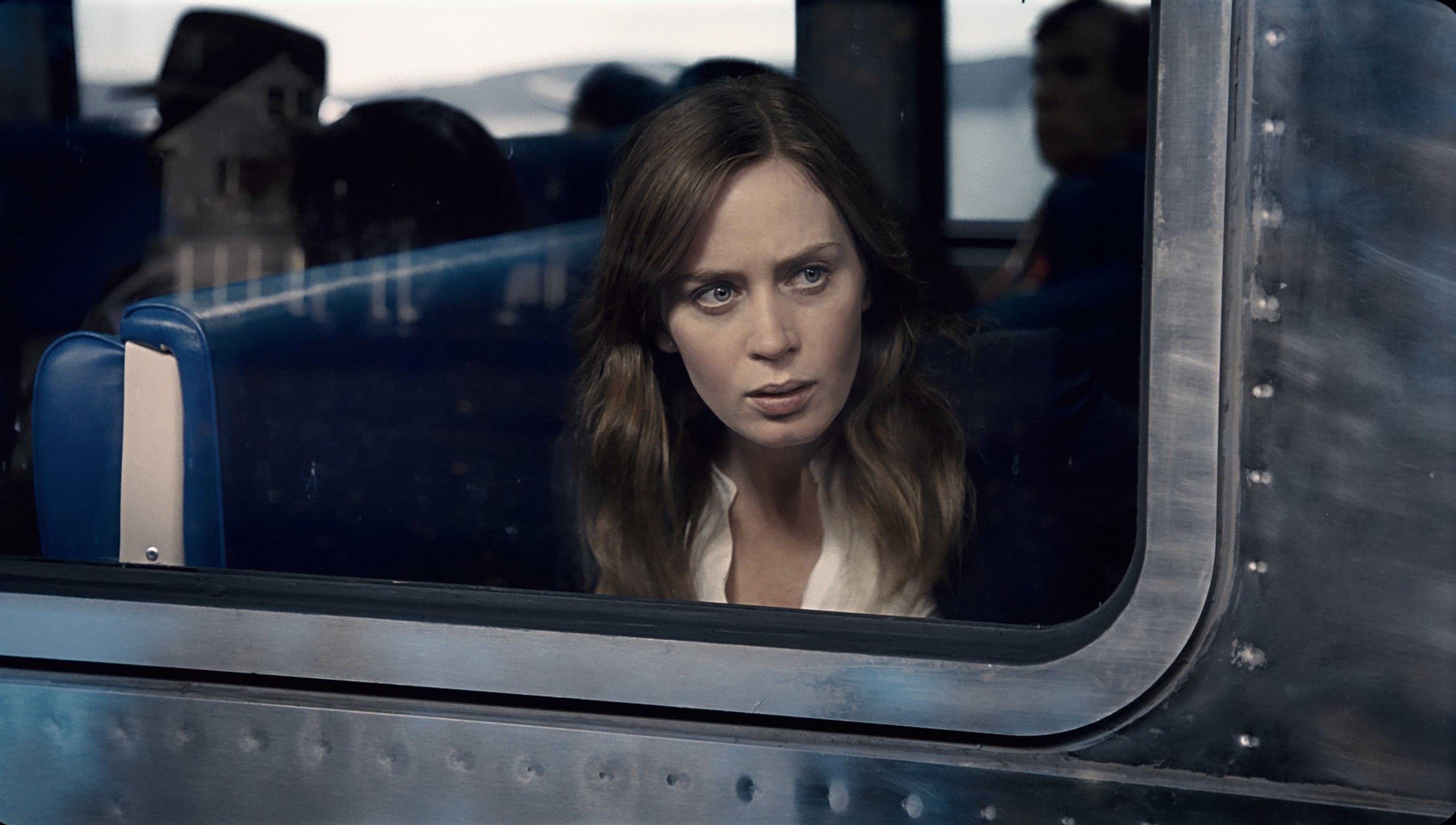| Annalise Basso, Lulu Wilson and Elizabeth Reaser in Ouija: Origin of Evil. Image courtesy Universal Pictures. |
It’d be a blessing if Ouija: Origin of Evil existed in a universe not graced by the presence of its predecessor, Ouija. The latter film was among the worst films released in 2014, a risible horror flick forged with little talent or insight into the genre, its sole focus to sell more of the titular board game. It is as bad as bad can be, which makes it all the more surprising that Origin of Evil, a prequel explaining Ouija’s backstory, is mostly a pretty solid flick with decent scares and good performances from the central cast. Yet the prequel can't escape the vibes of its predecessor, which infects the final act so strongly it diminishes the entirety of the viewing experience in the process.
Origin of Evil is good enough before it goes to pot though, using a grounded story to serve as a base and offer an explanation for the chaos that ensues later. There's a level of sympathy inherent to a story in which a widow (Elizabeth Reaser) and her two daughters (Annalise Basso as the eldest child, Lulu Wilson as the younger one) struggle to adapt to a world without their emotional bedrock and main source of income. They're struggling to thrive, and it’s easy to understand why once Wilson's character seemingly begins to communicate with the lost beloveds like Reaser’s dead husband the mother would consider that a gift instead of a curse. Her inability to leave the past behind is shown as a heartbreaking flaw, especially when contrasted with the comparative peacefulness Henry Thomas' priest has discussing his dead wife. Reaser's obsession explains why she'd allow the strange behavior her youngest daughter displays to continue; acting rationally is often impossible for people blinded by grief and false hope.
Once the machinations for the creeping terror are set, Origin of Evil proceeds to ramp up the chills and create a discomfiting environment for the family and the audience. The film uses silence like a dagger, cutting off the soundtrack and much of the ambient noise as it prepares to launch another fright at the family. It also plays with the anticipation the audience has for the scenario; writer/director Mike Flanagan and cowriter Jeff Howard know the audience is waiting for something to happen, and they'll drag out that something for what feels like an eternity.
Just those factors alone show how many leagues greater Origin of Evil is than Ouija. Sadly, the newer film acts out one of its main themes by being unable to leave the dead buried. The film is obliged to follow through to set the big bads (the ones played by Reaser and Wilson) in Ouija, and while this one does provide the central family a level of kindness and decency not granted to it in the first film, it still has to tailor its story to link back to 2014 edition. This really comes through with an incredibly rushed and anticlimactic final act offering a weak connection with Nazis to explain the source of the house's evil. It feels as if Flanagan and Howard couldn't find a more organic method of tying in the end of this film with the events of the first one, thus cramming in what is ultimately an unsatisfying final act. The logical leap the film takes to reach its big conclusion is massive and often painful and takes the easiest way out of explaining things.
There is one additional issue this film faces not necessarily dependent upon how bad Ouija is. Like many horror films, Origin of Evil uses its child actress as a vessel for evil, using large amounts of makeup and special effects to make her appear to be a malevolent beast. It’s much more comical than scary though, especially when poor Wilson scampers about a hallway with her eyes all white and demon voices streaming from her small form. And, really, kids don’t need makeup or effects to appear horrifying; Wilson is unnerving enough with a simple glance or toothy smile, appearing like a little shark preparing to consume her prey. The film is wonderfully effective when it has Wilson acting as a spirit attempting to act as an innocent child; it falters when Wilson is made up to be the monster the first Ouija makes her out to be.
Review: Two and a half out of Five Stars
Click here to see the trailer.
Rating: PG-13
Run time: 99 minutes
Genre: Horror
Ask Away
Target audience: The people who liked the original and/or people digging for a horror flick for the season.
Target audience: The people who liked the original and/or people digging for a horror flick for the season.
Take the whole family?: There is a little graphic violence that'll bother young kids. Best to stick within a couple of years of the rating.
Theater or Netflix?: There are worse things to see during the Halloween season, as long as you don't pay full price.
Why would they even make a second film?: Artistically there really was no reason for it; the film's 7 percent rating on Rotten Tomatoes isn't a great indicator of quality, and it's not a film star Olivia Cooke prefers to talk about. Money is definitely the key, and that first film made more than $50 million domestically off of a $5 million budget, per Box Office Mojo. Even a bad film like Ouija can do well with a budget that microscopic.
Watch this instead?: This film lifts enough elements from much stronger films – Poltergeist, The Exorcist, and even the main flaw of The Last Exorcism, – it makes it simple to recommend other flicks to watch. For horror fans, hit up Stake Land and enjoy one of the best vampire flicks to come out this decade.
